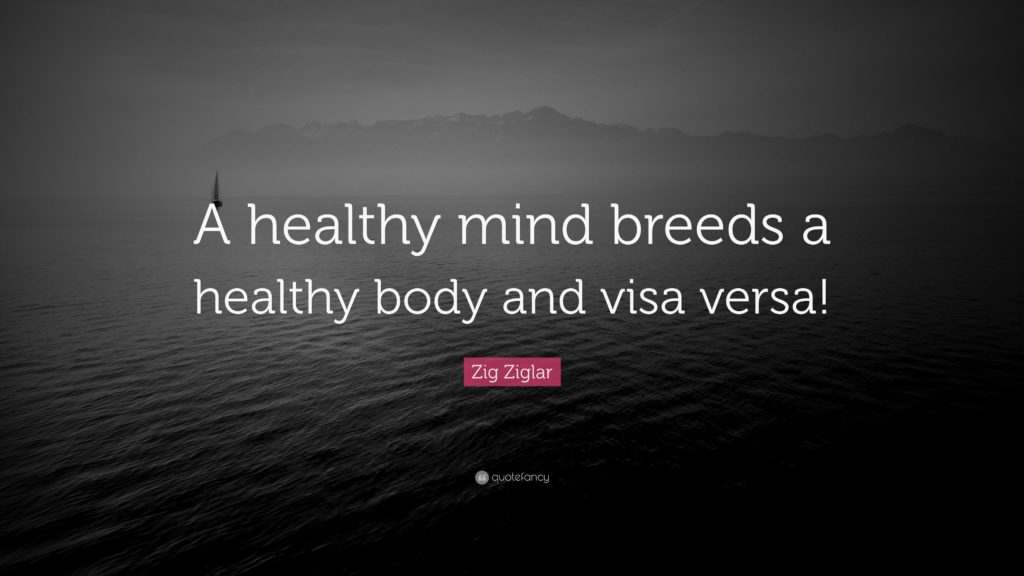What happens physically when you have repeated negative thoughts?
Have you heard the phrase “Thoughts are Things”?
By Massage Therapist with an interest in emotional and mental well-being, Tim Harman
 How does a thought, an untouchable, invisible, formless flash in our mind become something tangible? Some-thing seemingly from no-thing…
How does a thought, an untouchable, invisible, formless flash in our mind become something tangible? Some-thing seemingly from no-thing…
“I’m falling to bits”
“My stupid body keeps letting me down”
“I can’t afford to miss training”
“If I don’t get back training soon………” (catastrophe)
If only I could have a fiver for every time I’ve heard this over 20+ years of working with people’s bodies.
We Get It
All our Therapists get it, you’re passionate about your health, sport & pushing the limits. You hate missing racing and training, you’re terrified of putting on a couple of KG’s, you’ve come too far for your body to fail you or to miss competing.
So without denying the validity of frustration around an injury let’s take a look at what these thoughts do physically. And then, how you can manage them to help get you back to the training track quicker.
Your brain doesn’t know the difference between a perceived threat and an actual threat. In other words, the proverbial rustle in the bush, at night, will elicit a similar physiological response to the actual appearance of, let’s say…. a snake.
That is, to say, a stress response can begin with a thought, such as those above, in italics. Here’s how the process goes:
The thought (fear, frustration, anger, sadness, anxiety, grief etc) =
Autonomic nervous system responds =
Excretion of hormone epinephrine (adrenalin) into the blood =
If stress passes, return to relaxed state.
If continued =
Hormone cortisol, then released into blood to help survive the ongoing (perceived or real) threat. =
At the same time digestion is slowed down as are processes of reproduction and growth. The NS de-prioritises other systems to focus on this stress response.
Ongoing stress, worry or rumination perpetuate this process, which can eventually lead to inflammation & damage to cells.
Research does indicate that, following an episode of acute (short term) stress, hormones can gradually return to normal level. It’s ongoing & repeated stresses that are linked with a large list of disease and disfunction.
As a sidenote to athletes (or anyone concerned with body fat levels) ongoing higher than average levels of cortisol favours the accumulation of fat in the belly area.
The bottom line, what can you do?
 Easy, don’t stress right? (hmm…). Your body actually doesn’t care about an upcoming game or race as much as it does about staying alive.
Easy, don’t stress right? (hmm…). Your body actually doesn’t care about an upcoming game or race as much as it does about staying alive.
Statements of frustration, anger, fear, such as the above, are catalysts for more damage to your body. So taking some steps to calm your mind into more relaxing thoughts like trust and acceptance will make a big difference to your recovery and health, in general.
Easier said than done, it’s going to take a bit of effort. Try to be accepting of time out’s as part and parcel of your sport. Work on managing stressful thoughts around injuries and forced time out. You could opt to take up table tennis instead? The higher the risks you take in training & competing, the higher the rewards….and potential for injury.
There are many methods to elicit a relaxation response including visualisation, acceptance techniques, acupuncture, quality sleep, quality sleep (yes I said that twice!!) massage, breathing techniques, journaling, meditation, tai chi, qi gong, and yoga.
Quiet hobbies like reading or music also provide balance.
Load up one of those mindful apps like smiling mind or headspace. They’re full of fabulous information.
Removing the guilt we can feel for slowing down a little is also important. Oh and easy weeks, many high level athletes I’ve seen over the years go eerily silent when I ask if they take rest weeks!
If you need further support in this area, Sport Psychologist Abra Garfield Consults from both Clinics, phone 07 55006470 for an appointment. Or Tim Harman can guide you to the support services for you while having a restorative Massage – Book with Tim for a Massage online at www.mygcphysio.com.au
REF:
https://www.mayoclinic.org/healthy-lifestyle/stress-management/in-depth/stress/art-20046037
